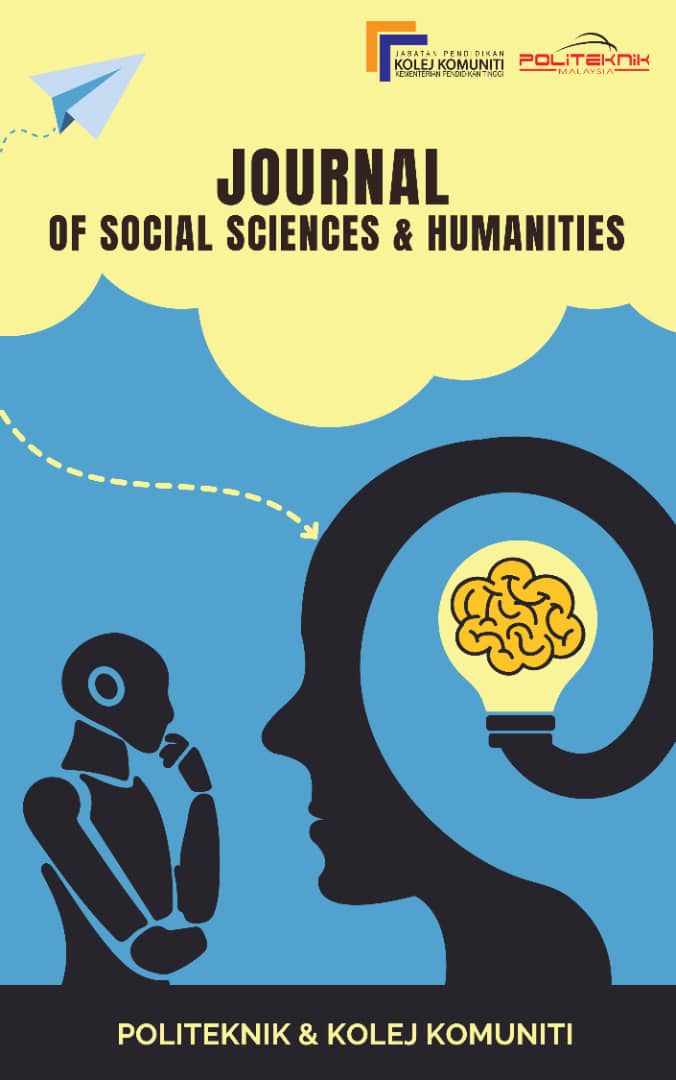Peranan Kepimpinan Transformasi Terhadap Pemerkasaan Psikologi dan Kepuasan Kerja
Abstract
The purpose of this study is to evaluate the direct relationship of transformational leadership that focuses on the idealized influence and intellectual stimulation as a dependent variable in the relationship between the psychological empowerment and job satisfaction. The sample of this study consists of 100 employees working in the Islamic financial sector, Malaysia using the survey method. The hypothesis was tested using path analysis model Smart Partial Least Squares (SmartPLS). The findings show that idealized influences have significant relationships with psychological empowerment, idealized influences have significant relationships with job satisfaction, intellectual stimulation have significant relationships with psychological empowerment and psychological empowerment have significant relationships with job satisfaction. Overall, the findings have confirmed that the interaction of idealized influences and intellectual stimulation in transformational leadership is an important predictor in the relationship between psychological empowerment and job satisfaction.









